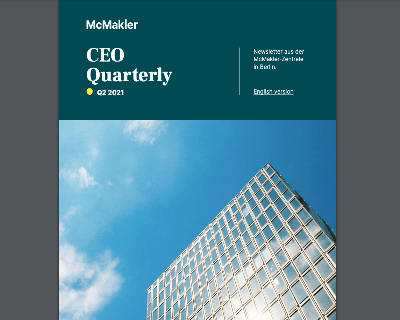When scaling a business – and pitching for money to help it scale (Series B and beyond) – businesses need a convincing investment pitch. And their Series B investment pitch should be different from the one they used at Series A.
Recently Benjamin Ball, Director of Benjamin Ball Associates, spent a day at Frog Capital coaching a series of companies, including some of Frog’s portfolio companies, to polish their growth-stage investment pitches. While every pitch was good, the team at Benjamin Ball Associates know that when pitching for money, being good is not good enough.
To be successful and attention-grabbing, companies need their pitch to stand out. They should be sure that their investor is excited about the investment opportunity from the very start. Benjamin Ball Associates help companies perfect their investor pitches every day.
While every investment pitch is different, these were some of the most common issues at the recent ‘Pitch2NextLevel’ workshop at Frog Capital:
- The Investment Story Is Not the Same as the Company Story
Most companies are great at pitching their firms – they sell their business, product or service every day. But an investment pitch is different. Investors are looking for more than a great product – they need a great investment. Just showing the numbers is not enough. The CEO or CFO needs to show that they really have the investor’s interests front of mind. They need to show that they are the right people to lead the company through this next challenging stage of growth.
- Series B Is About Scaling Up
That means the strategy for scaling and short-term plans are central to the company’s investment pitch. Is the company clear in what it will do next? What are its capabilities and weaknesses? Is it ambitious enough and suitably focused? Does it make it easy for the investor to understand the company’s market and how have the company leaders positioned the business in that market? Companies must be ready to be grilled on their thinking. And during that, companies would want to show that they’re listening and addressing the investor’s concerns.
- Understand What’s Most Important to an Investor
This is different for every business. Companies might need to address issues with their management team, their strategy, their attitude to risk, as well as the way they’ve handled past challenges and mistakes. The team at Benjamin Ball Associates always finds it fascinating how management and investors often have different views on what’s most important to the investment case. That’s why they love role-playing different investment meetings so companies can understand how an investor is thinking about their business.
- Keep it Simple
It’s very tempting to keep adding to the pitch. But the best pitches are often the most pared-down. They strip out the detail and focus on the important things. It’s a case of being clear and simple, without being simplistic. This is tough when CEO or CFOs are close to the business, but it is essential.
- Polish the Pitch Before Meeting Investors
Polishing the pitch is not about having a better PowerPoint. The slides are just a small part of the pitch. Companies should be thinking about how they approach the meeting, the research they do beforehand, the information they send in advance, the way they shine as a team, and how they handle tough questions. Companies need to be clear how they interact with the investor, and the strengths and weaknesses in each’s personal performance. People would be amazed how many investment pitches die because the investor sees something in the team that they don’t like.
Those were a few of the things that Benjamin Ball Associates helped fix in the firms’ pitches. Clearly there was much more besides. Ball and his team are now working with the companies to really strengthen their skills. Just like a tennis lesson, people don’t become a good tennis player with a few hours of coaching. Companies need to go away and practise so that when they are speaking to investors for real, they are on top form.














